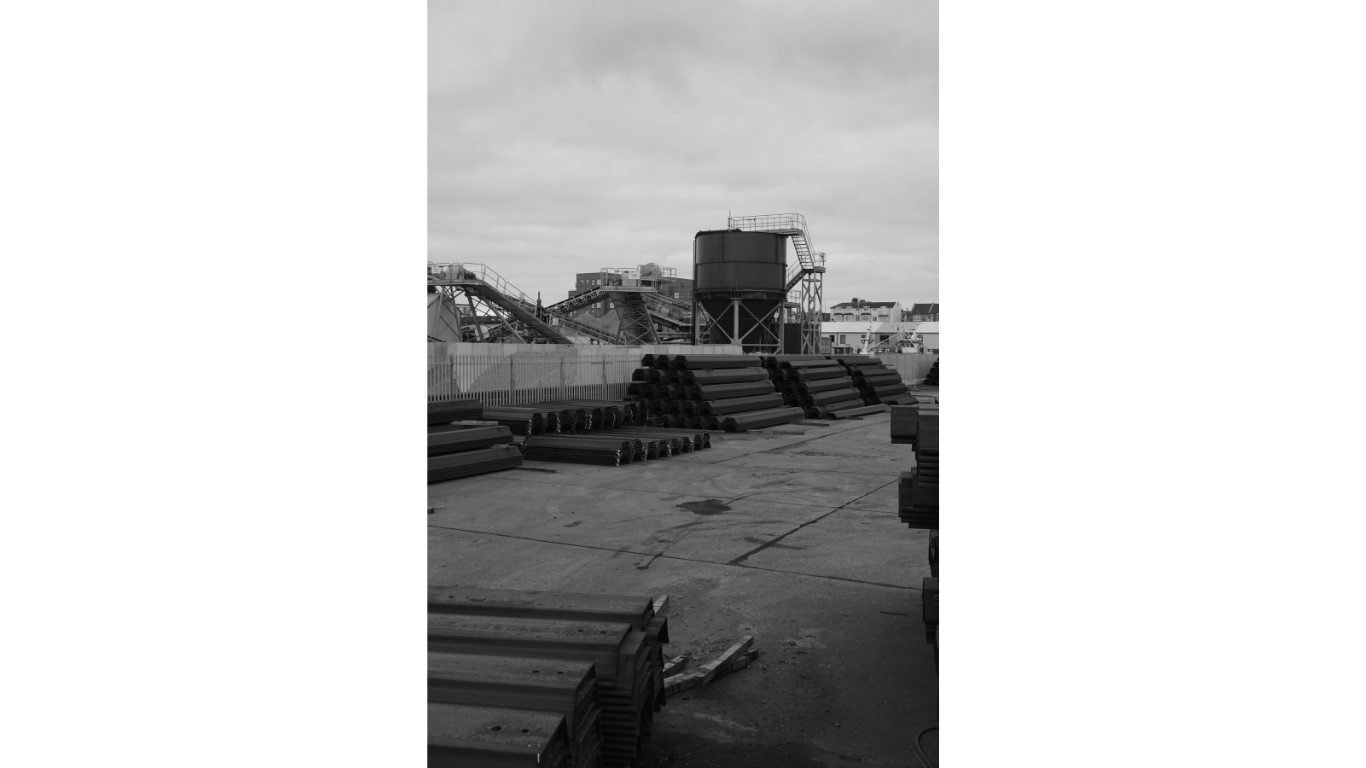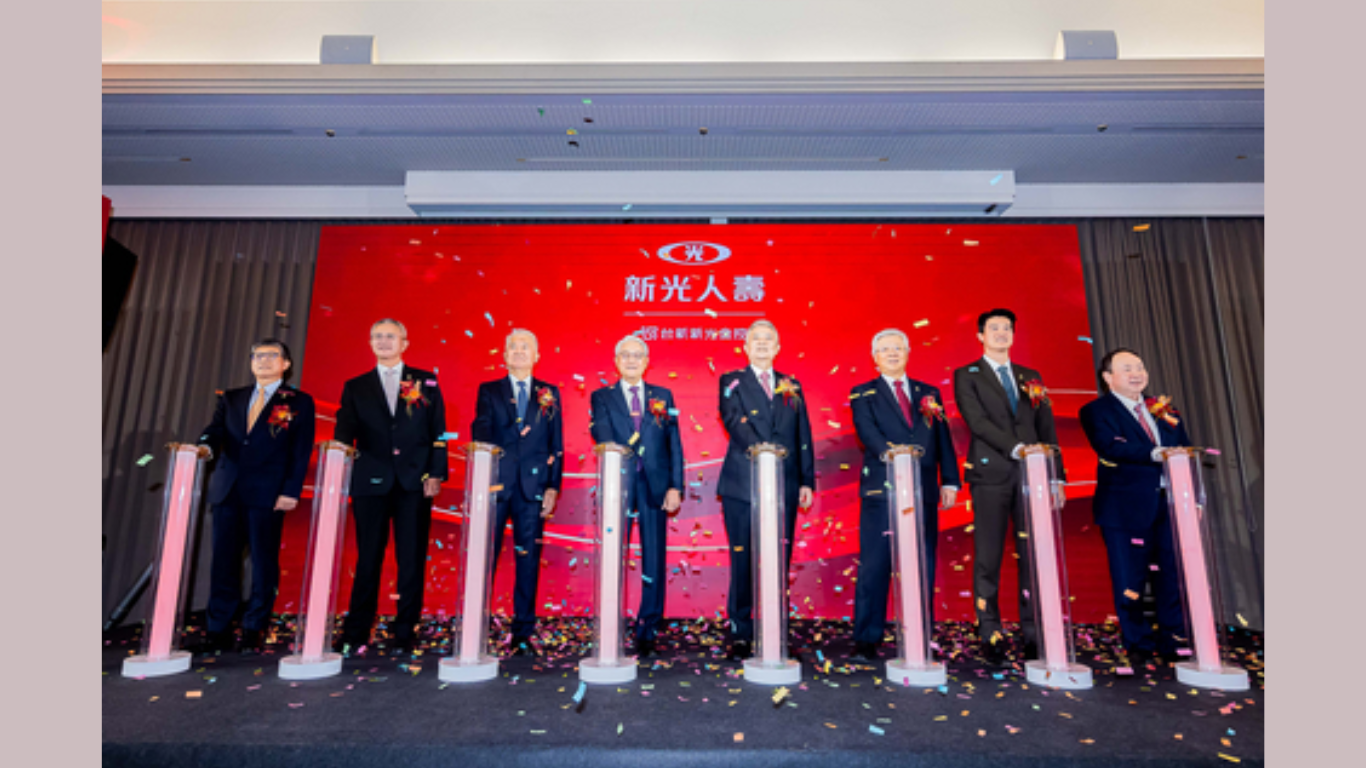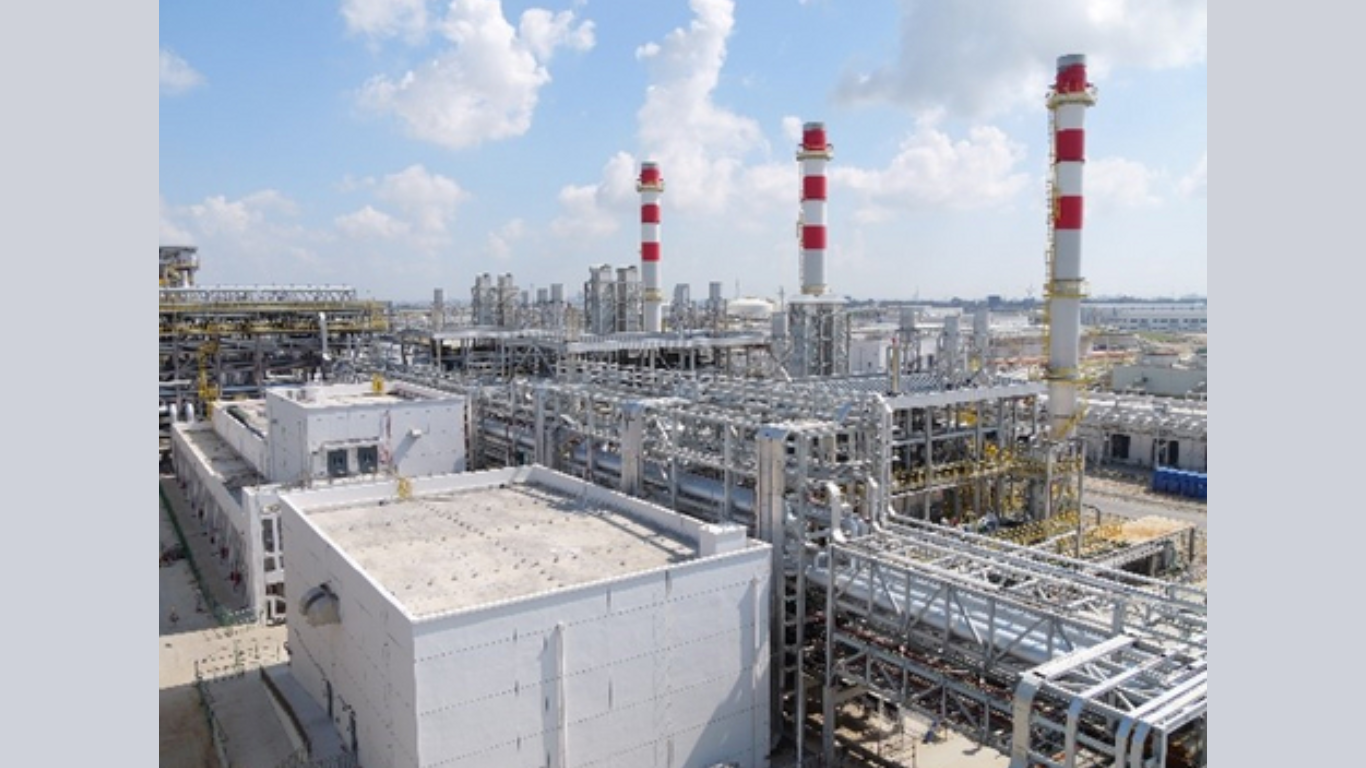Industries that operate under demanding conditions depend on reliable equipment to maintain productivity and reduce downtime. From mining and mineral processing to construction and power generation, many sectors deal with abrasive mixtures of solids and liquids that create unique challenges for fluid handling. Slurry pumps have become a central solution for these operations, offering durability and performance in environments that place heavy stress on equipment. By addressing common problems in material transport and streamlining processes, slurry pumps play a central role in driving efficiency across multiple heavy-duty applications.
Common Problems in Slurry Transport
Transporting abrasive mixtures often presents a set of recurring challenges that limit efficiency and increase maintenance costs. The presence of solid particles in fluids accelerates wear on piping, valves, and pump components, leading to frequent breakdowns. Blockages and reduced flow rates disrupt production schedules and require time-consuming interventions. Heat generation caused by friction between particles and pump surfaces can reduce equipment lifespan and lead to unexpected shutdowns. The risk of leaks or spills poses safety concerns and increases cleanup expenses. These issues underline why selecting the right technology is crucial. Companies that invest in durable equipment find that pumps for slurry handling reduce many of these common problems. This provides robust designs that are capable of moving dense mixtures without constant failures.
The Role of Durability in Heavy-Duty Operations
Durability forms the foundation of efficiency in environments where machinery is exposed to high levels of abrasion and corrosion. Slurry pumps are engineered with materials designed to withstand continuous contact with harsh mixtures. Hard metal alloys, elastomer linings, and specialized coatings protect pump internals from accelerated wear. This reduces the frequency of part replacement and lowers overall maintenance costs. When equipment lasts longer without needing repairs, production remains consistent, and the risk of unplanned downtime decreases. Durability both safeguards against mechanical failure and supports long-term cost efficiency by extending the service life of critical machinery.
Improving Energy Efficiency Through Design
Energy consumption is a major expense in heavy-duty industries, and transporting slurries can be especially demanding on power systems. Modern slurry pumps are designed with hydraulic efficiency in mind, meaning that the internal geometry of impellers, casings, and liners minimizes turbulence and energy loss. By reducing unnecessary resistance during fluid movement, pumps operate with less energy input while still delivering strong performance. Energy savings accumulate over time, lowering operational expenses and supporting sustainable practices. Companies that prioritize efficient pump designs see direct financial benefits alongside improved environmental performance, making energy-conscious equipment an important investment.
Reducing Downtime with Advanced Engineering
Unscheduled downtime is one of the most significant drains on productivity in industries that rely on heavy-duty equipment. Slurry pumps minimize these interruptions through design features that simplify maintenance and improve reliability. Modular components make it easier to replace worn parts without dismantling the entire pump system. Advanced sealing technologies reduce leakage and prevent contamination of pump bearings or drive systems. Wear-resistant parts are strategically placed in areas with the highest stress, ensuring that the pump continues operating even under challenging conditions. By combining robust engineering with practical maintenance features, slurry pumps help industrial operators maintain a steady workflow with fewer unexpected disruptions.

Supporting Safety and Compliance in Harsh Environments
Handling abrasive and corrosive mixtures introduces risks to both workers and equipment. Slurry pumps contribute to safer operations by reducing the likelihood of leaks and uncontrolled discharges. Advanced sealing mechanisms contain hazardous materials, lowering exposure risks for personnel. By preventing uncontrolled spills, pumps also support compliance with environmental regulations. Safer operations protect workers from injury and shield companies from costly fines or legal actions. The ability to handle aggressive mixtures without frequent malfunctions builds confidence in the equipment, allowing workers to focus on production rather than constant repairs.
Adapting to Diverse Industrial Applications
Heavy-duty industries vary in the types of slurries they manage, from mineral-rich mixtures in mining to ash handling in power plants. Slurry pumps are designed with adaptability in mind, offering configurations that can be customized to meet specific needs. Variations in impeller design, material construction, and pump orientation provide solutions for both high-concentration slurries and lighter abrasive fluids. Industries that require continuous transport of abrasive materials find that tailored pump designs deliver efficiency and reliability across a wide range of conditions. This adaptability makes slurry pumps a preferred choice across multiple sectors.
Industrial sectors that depend on the movement of abrasive and corrosive mixtures face challenges that demand specialized solutions. By improving safety, reducing operating costs, and ensuring reliable performance, slurry pumps stand out in heavy-duty operations.
Article received via email































